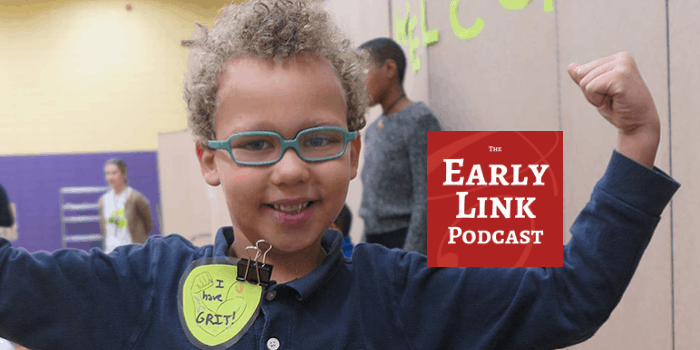
In this segment, we speak with Kali Ladd and Ron Herndon. Kali is executive director and co-founder of KairosPDX, a nonprofit organization that houses a public charter school in North Portland. As an organization, Kairos is dedicated to closing opportunity and achievement gaps for historically marginalized children. Ron is the long-standing director of Portland’s Albina Head Start with a background in activism and leadership advocating on behalf of low-income families and children.
We discuss the public charter school at Kairos, which is currently housed in a building owned by Portland Public Schools (formerly Humboldt Elementary School) and has been at risk of losing its lease with the district. At the center of the story is black student achievement and the historic experiences of black children in the district and in Oregon.
Today, Portland Public Schools has the largest number of black students enrolled in Oregon—nearly 4,500 children—accounting for nearly 10 percent of the district’s student body. For the top 10 districts in Oregon enrolling black students, nine of which are in the Portland metro area, black student achievement in English Language Arts and Math falls well below state targets. Additionally, achievement gaps between black and white students are significant and persistent from third to eleventh grade. In Portland Public Schools, for example, 22 percent of black students meet benchmarks in English Language Arts in grades three to five compared with 73 percent of white students. This is the largest black-white achievement gap in English Language Arts among the top 10 districts enrolling black children.
At the root of the problem, Herndon says, “I think not only in Portland Public Schools but certainly throughout the country, there’s this perception that black children come in to the system as damaged goods, that they come from families that are filled with deficits and there is the expectation that they won’t do as well. And unfortunately, frequently, children will meet our expectations.”
The Black Students in Oregon report, originally commissioned by Black Parent Initiative in 2009, was updated and released in 2017 based on a request by KairosPDX. The updated report uses 2015–2016 data and documents persistence disparities and achievement gaps for black children. The report says that “the goal of closing the achievement gap continues to elude Oregon schools.”
Ladd, with her Reggio Emilia-inspired approach to elementary education, says the value of a program like Kairos for Portland Public Schools and Portland’s black community is tangible. “We’re having an impact and our data shows we’re getting results. Black students as an aggregate are the lowest performing students right now in Portland Public Schools. If we can improve outcomes for those students, many other students will benefit. I definitely feel like there are elements of the model that can be replicated regardless of the cultural makeup of the student body. It’s important to be culturally specific whatever the culture group is your working with, because that’s part of the identity and sense of self.”

